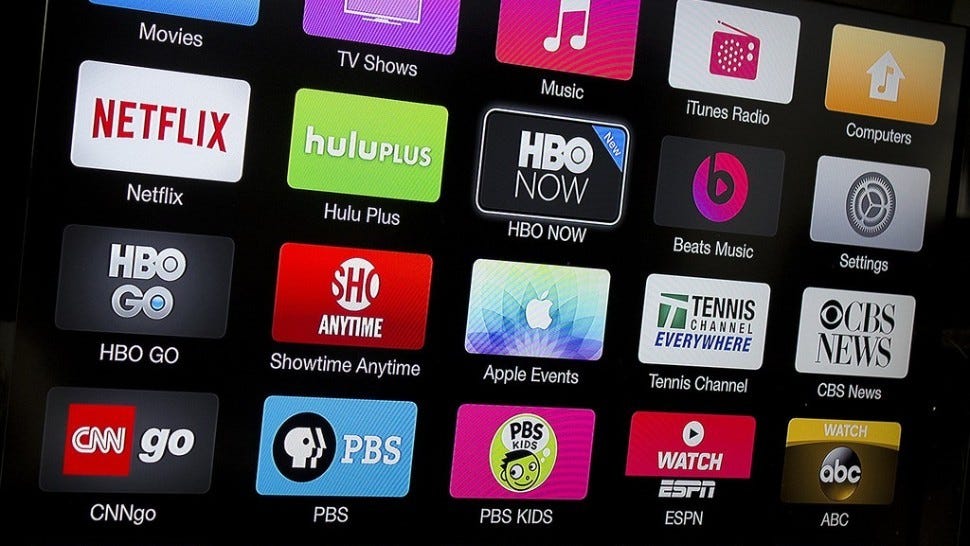value selling
-
Ominous Signs for Sales Teams and Baseball Can Help
- April 15, 2024
- Posted by: Dave Kurlan
- Category: Understanding the Sales Force

It seems like a recession is on our doorstep. Most salespeople haven’t experienced selling in a recession since 2009, fifteen years ago. That means there are few experienced recession-proof salespeople, plus those who didn’t figure out how to succeed at recessionary selling back then as well.
What are the twelve biggest challenges?
-
Sometimes The Biggest Sales Problems Have the Simplest Solutions
- May 30, 2023
- Posted by: Dave Kurlan
- Category: Understanding the Sales Force

There are simple, easy, fast and powerful solutions for sales problems too. See my examples below.
-
2 Questions That Will End Every Request for a Better Price
- November 15, 2021
- Posted by: Dave Kurlan
- Category: Understanding the Sales Force

What’s the point? When prospects tell you that they’re going with the lowest price, it’s total crap. They might be saying that, but are they required to do that? If they have any bottled water in the kitchen, pay for any streaming, or software then it’s simply not true. Can you say bluffing?
I don’t blame companies for trying to buy for less, but it doesn’t mean you have to sell for less, or match or beat someone’s price. They’re just saying the words and waiting to see if you’ll bite. Just about a year ago at this time, I wrote another article about selling value where I used Dunkin Donuts coffee as an example.
So what should you do when a prospect asks for a lower price?
-
Most Salespeople are Underdogs Like the Boston Red Sox
- October 13, 2021
- Posted by: Dave Kurlan
- Category: Understanding the Sales Force

If your company is not the brand leader, market leader, or price leader; if you have a complex sale, a story to tell, a new technology, a new brand, a new product, a much higher price or a much tougher sale, then you are an underdog too.
-
Why the Future of Selling Won’t Resemble the Past
- April 17, 2020
- Posted by: Dave Kurlan
- Category: Understanding the Sales Force

It’s April 17 and nearly every salesperson is selling from home. It’s just temporary, right?
Maybe. But what if it’s not? According to the President, Vice-President, Scientists and some Governors, the economy will begin reopening in stages, perhaps as soon as May 1. So it’s back to the office and your territories, right? Wrong. You’ll still be home. Welcome to the future of selling where I’ll share my top five reasons why.
-
How All Those Trucks on the Road Can Help You Stop Discounting
- August 5, 2019
- Posted by: Dave Kurlan
- Category: Understanding the Sales Force

I have an awful lot to say about incentives to buy!
The occurrences are as predictable as the 6pm news beginning exactly at 6pm. If you have opportunities in the pipeline during the last week of the month, the last week of the quarter and the last two weeks of the year, and your prospects showed a strong likelihood of moving forward, they’ll be sitting back waiting for a call from a salesperson or sales manager to sweeten the pot so that you can get this deal in before the end of whenever. How lame. -
Is the Sales Force Getting Dressed Up or are Real Changes Taking Place?
- February 7, 2018
- Posted by: Dave Kurlan
- Category: Understanding the Sales Force

Yesterday I received an email from Richardson Training, letting me know that they have completed their 2018 Selling Challenges Study. The data in the report, which you can download here, hasn’t changed a great deal since 2017, but the report’s new look is awesome. I reported on last year’s report in detail here, but my conclusion for 2018 is the exact same conclusion I came to in 2017.
-
The One Thing Most Salespeople Are Unable to Do
- October 27, 2014
- Posted by: Dave Kurlan
- Category: Understanding the Sales Force

Can you guess what it is – the one thing most salespeople are unable to do?
Based on what I most frequently write about, you might think that it would be consultative selling, but that’s not it. You might also guess that it’s the sales equivalent of eating right – not doing demos and presentations so early in the sales process. But that’s not it either.
However, there really is one thing that all but the most elite salespeople are unable to do. It is partly a result of their inability to sell consultatively while continuing to demo, present, quote and propose too early. Can you guess what it is now?
-
Why There is No Value When You Provide Value Via Special Pricing
- September 29, 2014
- Posted by: Dave Kurlan
- Category: Understanding the Sales Force

I was discussing the OMG Partnership opportunity with a gentlemen from Hong Kong, who objected to our reasonable licensing fees, refusing to pay any fees to a US company. This is when the conversation began to resemble a sales call. He did what a lot of buyers do to salespeople and began to boast about how well-positioned his company is to market OMG in Hong Kong and what a huge opportunity this would be for OMG. He expected me to waive the fees in exchange for the great opportunity he described.
Most salespeople – 74% to be exact – not wishing to jeopardize a great opportunity, start negotiating or worse, agreeing, to the unrealistic requests. There are ripple effects to this, for example:

